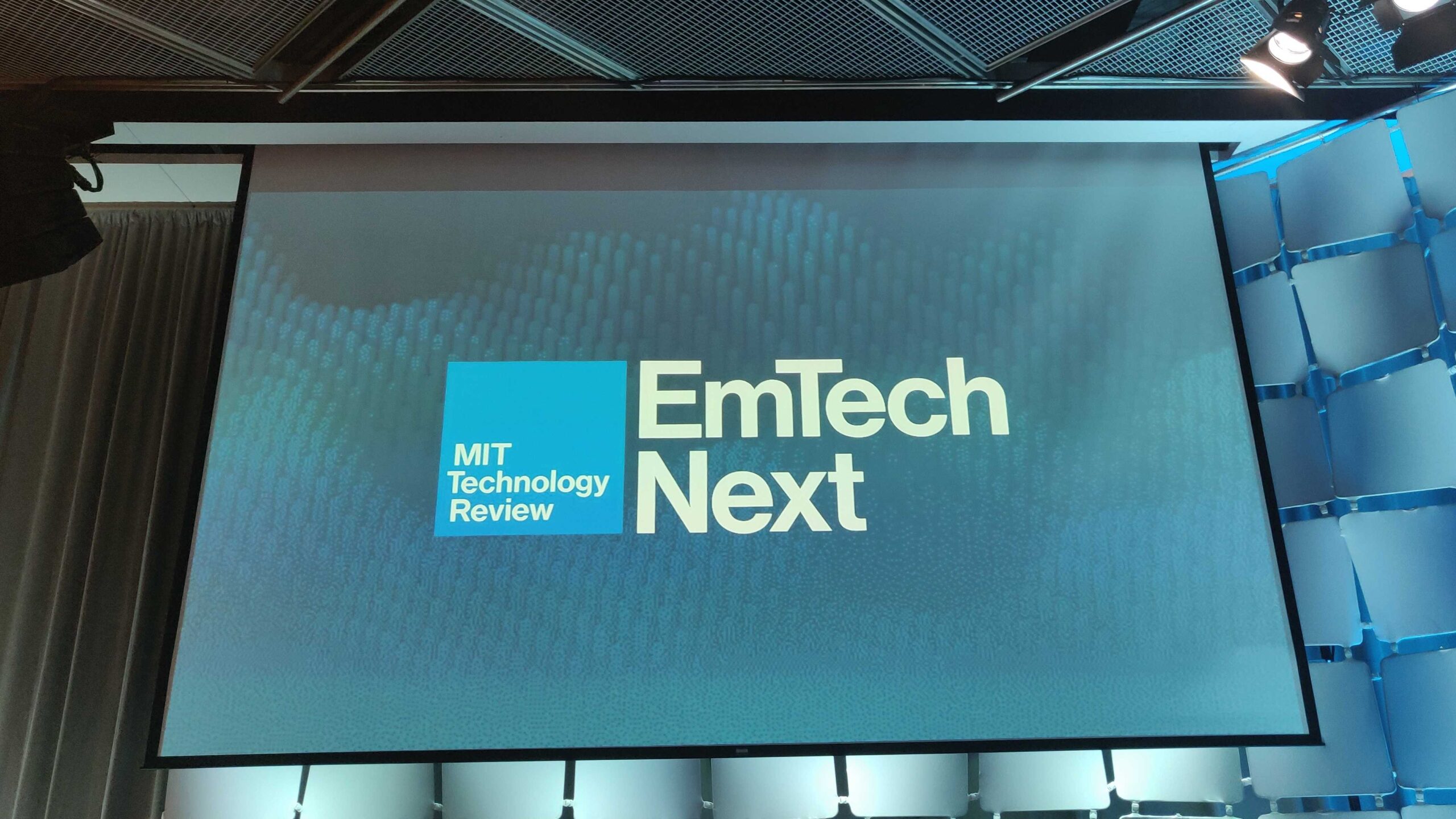EmTechNext 2019 is over. The overall impression I got by listening to the discussions is that we are looking at an uncertain, but positive future of work. This is a bit surprising, since the public discourse about machine learning, artificial intelligence and the gig economy is often dominated by visions of dystopian (jobless, low income) futures.
The big macroeconimoc picture points into that direction: there is an erosion of middle class jobs. At the same time there is an increased demand for highly qualified people and for low paid jobs (that cannot be automated easily). But producing a highly qualified workforce takes time: you cannot get a degree (in computer science) over night. That’s why universities opened up to a broader public and give more people a chance to get a degree with online courses.
Also, alternatives to traditional computer science education need to be explored in more detail. Not everybody needs a computer science degree for her or his job even if specific computer science skills are needed. This means that companies should take matters into their own hands. They need to find ways to start training their employees and give them more skills. This is true across different industries, from construction to farming.
At the same time companies must be able to handle a very diverse workforce in the near future. Besides regular employees and freelancers they will (and are already) using gig economy platforms. Companies need advanced orchestration skills to manage projects with this kind of diverse workforce.
However, in terms of the gig economy there is a consensus that the way how it’s done now by most companies is bad for gig workers. They work in isolation and we should be worried, that this kind of work becomes the norm. Ultimately this path can lead to a disenfranchised workforce. But there are ways to prevent this from happening, as Mary Gray outlines in her recent book.
Looking back, the overarching theme during EmTechNext was augmentation. The idea is to make people more efficient with the help of artificial intelligence/machine learning tools and giving employees more skills. This might be one of the means that helps to deal with the lack of workforce across many industries.
I think the fact that we are discussing how to make jobs more interesting instead of automating them away is a very positive sign. I’m looking forward to next year’s EmTechNext to find out which direction the industry took and what the issues are going to be.
